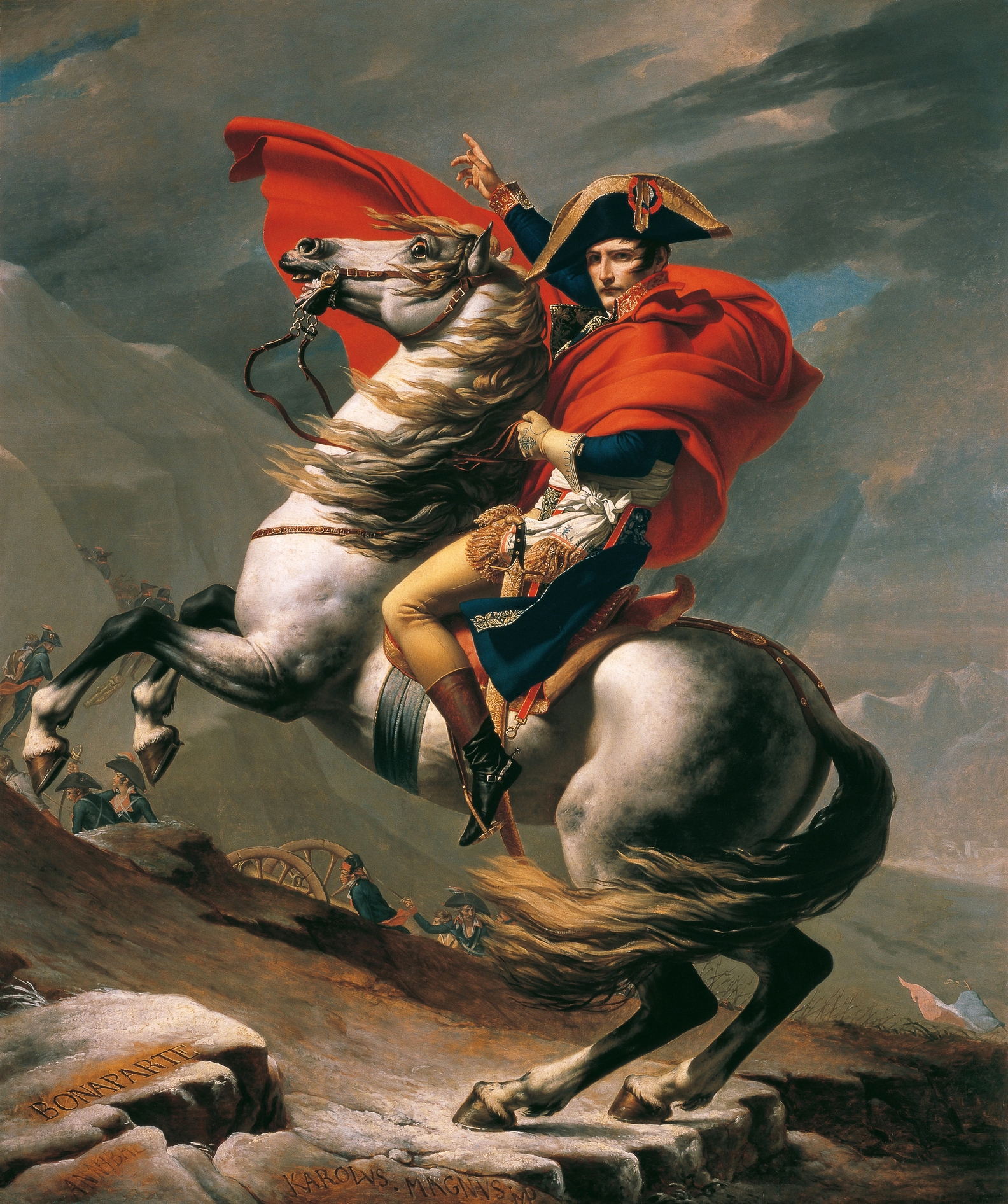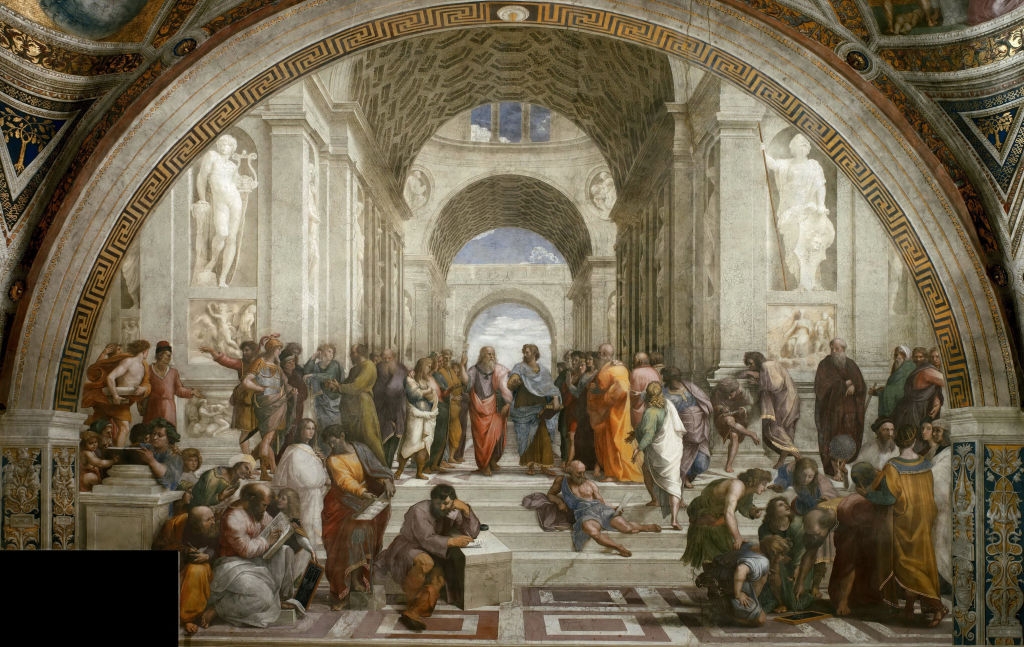Tell us about your experience .
Not everyone has had a solid education in history, and these days, misconceptions are incredibly easy to find online. Some are so commonly believed that people wouldn’t even know theyneedto be debunked. So, if you’re a teacher or historian, we want to hear all about your favorite (and maybe least favorite) historical misconceptions.
For example, many people believe that King Tutankhamun’s tomb contained a curse, but that’snot true. In fact, the curse was a made-up story, furthered by deaths that occurred after the tomb was unsealed.
Or it could be something like the Medieval Era being called the “Dark Ages,” suggesting a time of regression in science and culture. But that was inaccurate; it was actually a statement by the Italian poet Petrarch that wastaken out of context.
Maybe you overheard someone talking about having a “Napoleon Complex” and felt compelled to step in and let them know that Napoleon Bonapartewasn’t actually short; he was probably at average height for the time (around 5'6" or 5'7").
Or perhaps you’ve helped clarify that Christopher Columbus didn’t discover that the Earth was round; that was suggested way, way earlierby the ancient Greeks.
Tell us all about the most outlandish, ridiculous, or even believable misconceptions you’ve heard. You can also fill out the form below if you prefer to remain anonymous. Your response may be featured in an upcoming BuzzFeed post!

Tell us about your experience.



